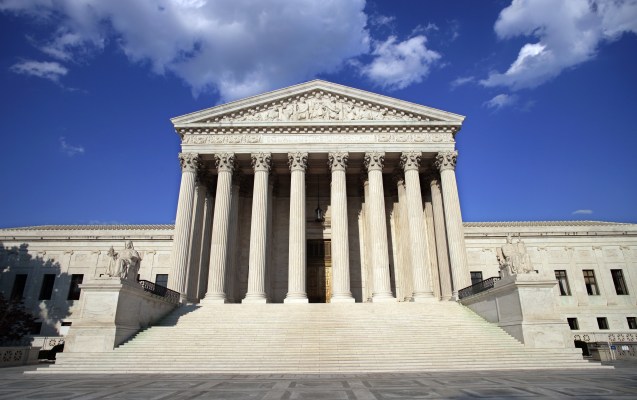The United States Supreme court issued a decision this morning required police to obtain a warrant from a judge in order to track individuals through cellphone records. The 5-4 ruling is being regarded as a win for privacy advocates in the U.S.
The decision derived from a 2011 case in which FBI agents used three months of phone records in order to capture and convict a Michigan man of robbing Radio Shack and T-Mobile locations. The suspect’s lawyers argued that the evidence should be thrown out due to a lack of warrant, after their client lost in lower court rulings.
Chief Justice John Roberts, who wrote the opinion for the majority, used the platform to highlight the limitations of the ruling. “The Government will be able to use subpoenas to acquire records in the overwhelming majority of investigations. We hold only that a warrant is required in the rare case where the suspect has a legitimate privacy interest in records held by a third party.”
Roberts, who was joined by four of the court’s more liberal judges, also left open the possibility of using such records without a warrant in the case of life and death circumstances.
“As a result, if law enforcement is confronted with an urgent situation, such fact-specific threats will likely justify the warrantless collection of CSLI,” he wrote. “Lower courts, for instance, have approved warrantless searches related to bomb threats, active shootings, and child abductions. Our decision today does not call into doubt warrantless access to CSLI in such circumstances. While police must get a warrant when collecting CSLI to assist in the mine-run criminal investigation, the rule we set forth does not limit their ability to respond to an ongoing emergency.”
